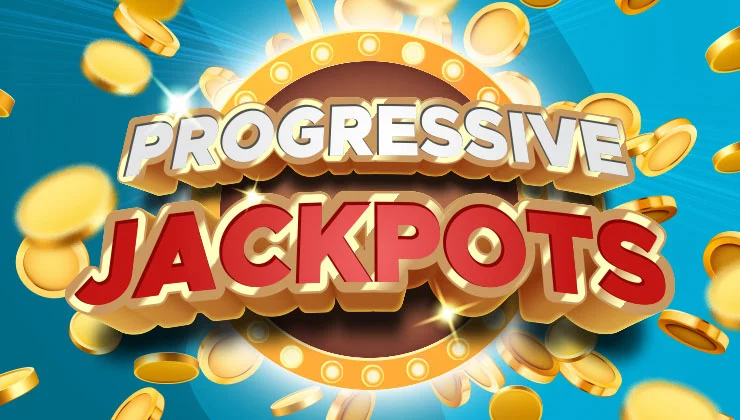When it comes to casino gaming, few experiences rival the thrill of hitting a jackpot on a slot machine. The anticipation, flashing lights, and triumphant sounds all contribute to an atmosphere of excitement and reward. But beyond the surface-level thrill lies a deeper psychological dynamic — the way different types of jackpots influence player motivation and behavior. Understanding the impact of progressive and fixed slot jackpots reveals fascinating insights into why players spin, stay, and sometimes walk away.
The Psychology Behind Slot Motivation
Slots have always been designed to engage players through a mix of reward anticipation, sensory stimulation, and chance. Each spin is a small dose of uncertainty — a balance between hope and risk. What keeps players motivated isn’t just the potential for reward, but also the journey toward it.
Psychologists call this the “variable ratio reinforcement” effect, meaning rewards are given at unpredictable intervals. This randomness keeps players engaged, as each spin could be the one that unlocks the jackpot. The type of jackpot — progressive or fixed — plays a significant role in shaping that motivational experience.
Fixed Slot Jackpots: Consistent Rewards, Steady Motivation
Fixed slot jackpots offer a set payout that doesn’t change regardless of how many people play or how much money is wagered. For example, a machine might promise a $5,000 jackpot every time the winning combination appears.
The appeal of fixed jackpots lies in predictability and control. Players know exactly what they’re playing for and can calculate their potential return more easily. This attracts those who prefer a stable, measured approach to gaming rather than chasing massive, uncertain rewards.
Fixed jackpots also foster short-term engagement, as the perceived goal is reachable. Players may stay motivated to play for a while, but once they realize the odds or hit smaller wins, their interest may fade.
Progressive Slot Jackpots: The Allure of Life-Changing Wins
Progressive jackpots, on the other hand, continuously grow as players contribute a small portion of each wager to a shared prize pool. This creates jackpots that can reach millions — and with that, the dream of a life-changing win.
The motivational power of progressive slot jackpots stems from their escalating nature. As the jackpot amount rises, so does the excitement. Players are drawn by “jackpot fever” — the psychological pull of being part of something potentially monumental.
This type of motivation is often emotional and aspirational. Even though the odds are slim, the massive reward keeps players engaged for longer periods. The idea of being “the lucky one” is enough to drive repeated play, despite the rational understanding of the low probability.
Comparing Motivation: Hope vs. Strategy
The difference between progressive and fixed jackpots can be summarized as hope versus strategy.
-
Progressive jackpots tap into emotional motivation. Players chase dreams, driven by hope, excitement, and the possibility of instant transformation.
-
Fixed jackpots, however, appeal to rational motivation. Players are often more strategic, focusing on consistent payouts and better odds over time.
Both forms of slot motivation can coexist, depending on the player’s personality and gaming goals. Casual players may be more drawn to progressives for their thrill, while seasoned players might prefer fixed slots for reliability and better return management.
The Role of Perceived Control and Luck
A crucial psychological factor in slot gaming is perceived control — the belief that players can influence the outcome through timing, betting strategy, or pattern recognition. Fixed jackpots, with their consistent payouts, may strengthen this illusion of control. Progressive jackpots, conversely, emphasize luck and fate, which can make players feel part of a larger, communal game of chance.
This distinction also affects player satisfaction. Some find excitement in small, achievable wins; others are motivated by the remote but intoxicating chance of hitting the ultimate prize.
Conclusion: The Jackpot Effect on Modern Slot Players
In the world of casino entertainment, the impact of jackpots on player motivation goes far beyond simple reward seeking. Progressive slot jackpots ignite hope and excitement, keeping players engaged through the promise of extraordinary gain. Fixed slot jackpots, meanwhile, provide stability and control, appealing to players who enjoy consistent and predictable gameplay.
Ultimately, both types of jackpots play vital roles in shaping player behavior. Whether chasing a dream or pursuing steady wins, slot players are guided by a complex blend of psychology, probability, and emotion — proving that in the game of chance, motivation is as dynamic as the reels themselves.


